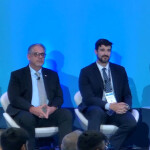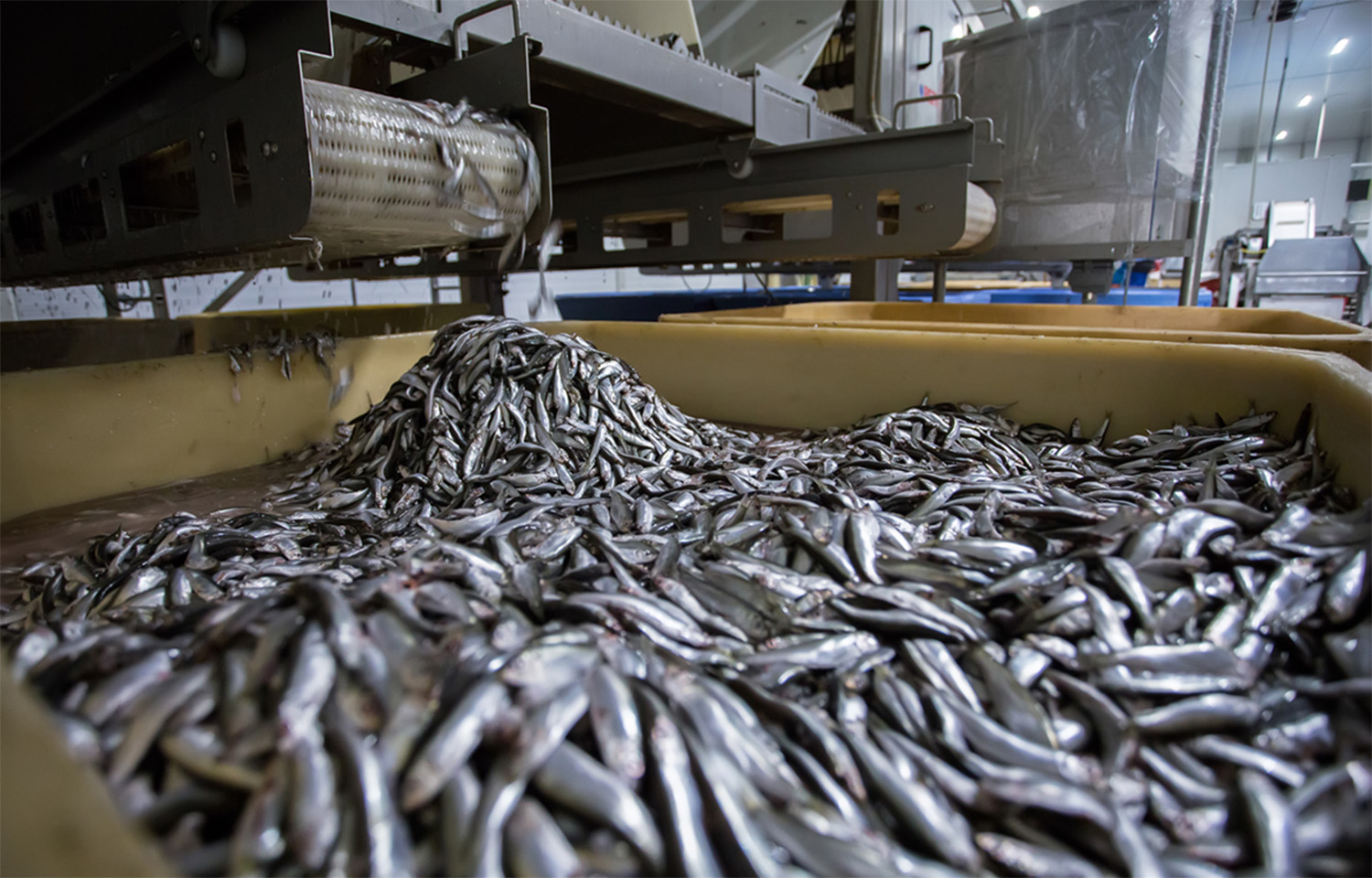IFFO has responded to a report accusing the organization as being rife with conflicts of interest.
The report by environment-focused news website DeSmog, “Revealed: Industry-led West Africa Fishery Protection Measures Marred By ‘Massive Conflicts of Interest,” accused IFFO’s sustainability initiatives, including the Global Roundtable on Marine Ingredients and the MarinTrust certification program – ostensibly independent but founded by IFFO in 2009 – as protecting industry interests over local communities in West Africa, where MarinTrust and IFFO members have established a fishery improvement project in Mauritanian waters that has been criticized as not achieving significant progress.
DeSmog claimed MarinTrust’s governing structure is fully controlled by IFFO members and that two organizations share the same headquarters in London, U.K.
University of Arizona Professor Kevin Fitzsimmons, a fisheries and aquaculture expert, likened the situation to “the fox guarding the hen house.”
“Having so many people from an industry trade association basically being the same people who are running a certification organization makes no sense to me at all,” Fitzsimmons told DeSmog. “They’re not going to hold their own trade group’s feet to the fire. If anybody’s going to take these certifications at face value, they need to open up and be more independent.”
DeSmog called out a lack of civil society representation on the standards and technical committee governing the MarinTrust’s certification standard.
Executives from three leading fishmeal processors – BioMar, Cargill, and Skretting – sit on the boards of all three initiatives, explained De Smog, and all three have plans to increase operations in West Africa. Industry representatives count for 83 percent of representatives on its various executive bodies, compared to a 33 percent industry representation on the executive bodies of the Aquaculture Stewardship Council, another certification body, DeSmog noted. Industry representatives count for 11 percent of the representation on the Marine Stewardship Council, according to DeSmog.
IFFO Director-General Petter M. Johannessen said his organization represents companies responsible for 55 percent of the marine ingredients production globally and is “supportive of all legislative efforts aimed at combating IUU fishing, prioritizing fish for direct human consumption, and developing adequate infrastructure to valorize fish byproducts,” Johannessen told SeafoodSource.
“IFFO encourages its members to go well beyond compliance with legal requirements: adhering to voluntary certification standards is critical to demonstrate responsible sourcing and production. Voluntary schemes are not an either-or approach: clearly a market-driven initiative, exerting market pressure, they complement regulatory frameworks and can help hold businesses accountable through safeguarding principles set by the International Organisation for Standardisation,” Johannessen told SeafoodSource. “They need to be credible from both an industry and a civil society perspective. This is ensured through public consultations and well-established governance mechanisms.”
Two NGOs, the World Wildlife Fund (UK) and the Sustainable Fisheries Partnership, are represented on the MarinTrust’s executive committees that set and govern its certification standards.
In a statement, MarinTrust said it is ...








